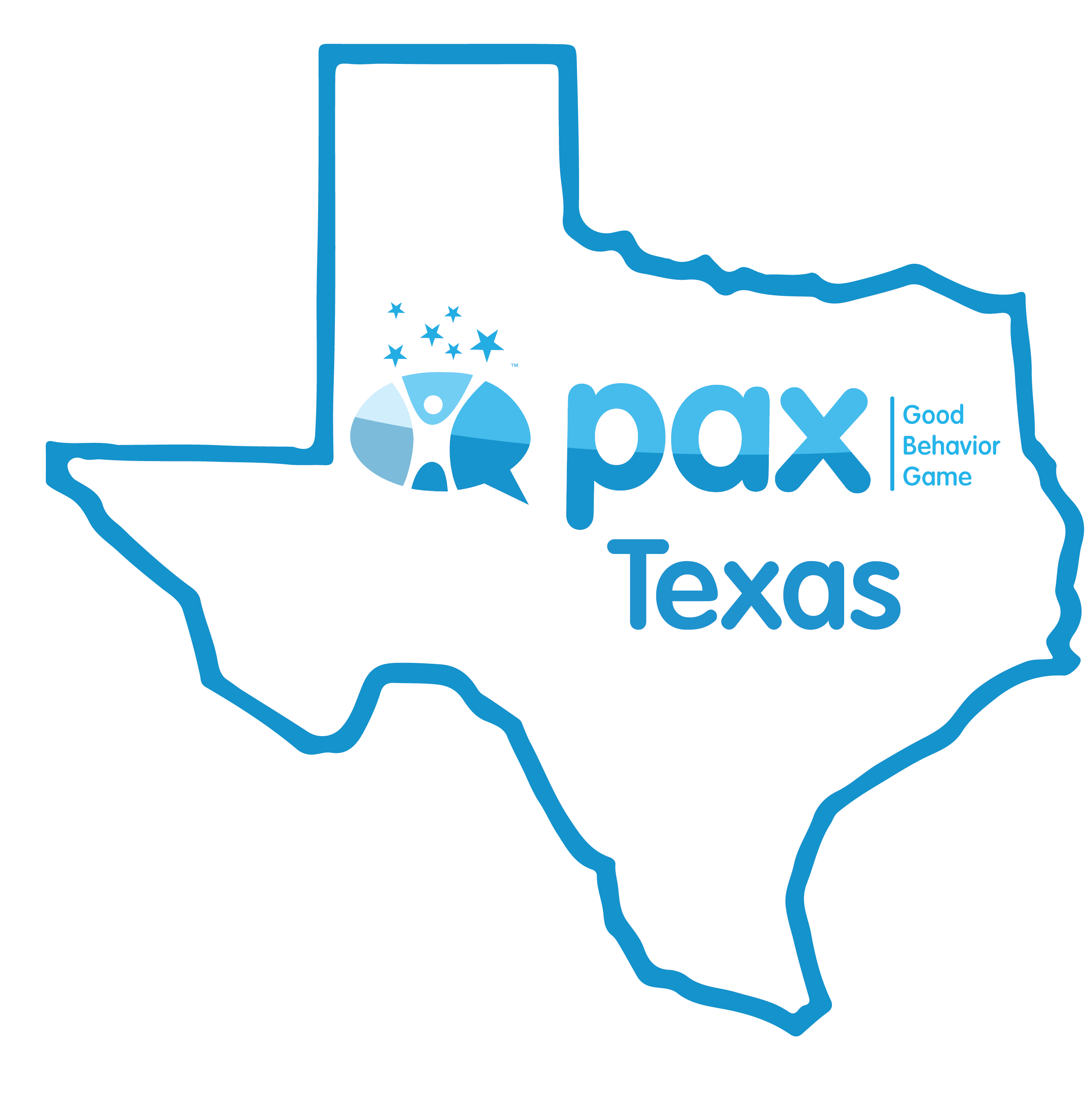
PAX Heroes
About PAX Hero Training
What is PAX Heros?
PAX Heroes Training provides experienced PAX Teachers with strategies for students in PAX classrooms who continue to demonstrate behavioral needs. This training delivers explicit instruction in using the PAX Heroes Manual to identify areas of student difficulty and refine PAX Good Behavior Game® (PAX GBG) implementation to support those needs. PAX Heroes Training also provides instruction in analyzing activities and areas of difficulty for students and selecting targeted Tier 2 and Tier 3 supports to improve their behavioral and academic performance.
About PAX Heroes
PAX Heroes training is available in a live virtual format. PAX Heroes Training consists of six content hours where participants learn to differentiate PAX strategies for students in need of additional support. Participants receive the PAX Heroes Manual and instruction on utilizing the PAX UP! App for implementing and monitoring their use of the PAX Good Behavior Game and PAX Heroes in the classroom. Additional resources for implementation are available for trained PAX Teachers on paxis.org.
Who should attend PAX Heroes Training?
PAX Good Behavior Game Initial Training is a prerequisite for PAX Heroes Training. A strong classroom implementation of PAX GBG is also necessary in order for teachers and students to receive maximum benefit from PAX Heroes Training. This training is ideal for teachers, intervention specialists, counselors, and other school professionals who specialize in behavior.
PAX Heroes Training
If you would like to request a specific training date for your group, email us at paxgbg@esc13.net


Funding made possible (in part) by grant award number H79TI085747 from the Substance Abuse and Mental Health Services Administration and with the support of The Texas Health and Human Services Commission. The views expressed in training materials, publications and by speakers and moderators do not necessarily reflect the official policies of the Department of Health and Human Services or Texas Health and Human Services Commission; nor does mention of trade names, commercial practices, or organizations imply endorsement by the U.S. or Texas Government.
